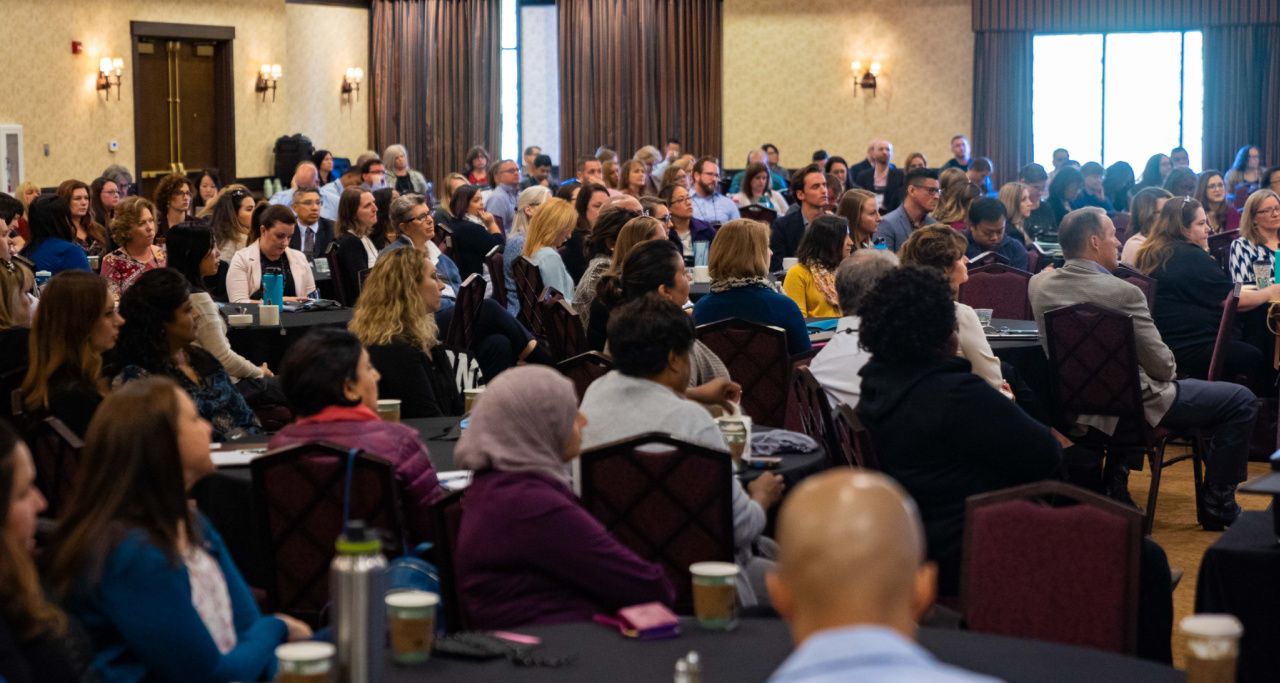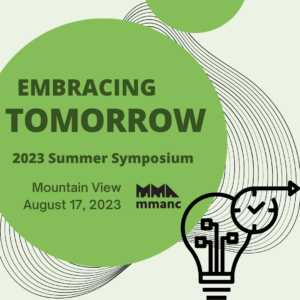
Embracing Tomorrow: Leading a Resilient Local Government into the Future
This year’s summer symposium will highlight the importance of forward-thinking approaches, innovation, and preparedness in order to effectively address the challenges and opportunities that lie ahead. Participants will consider how emerging technologies, evolving societal trends, and environmental changes will impact local governance and how to proactively respond to these shifts as a leader. As a leader, what do we need to cultivate our ability to meet the challenges of tomorrow?
Together we’ll explore strategies for leveraging futurist insights, fostering collaboration, embracing technology, and engaging communities to build sustainable and adaptable local governments that can thrive in the future.

Registration Now Open!
Thursday, August 17, 2023
Michael’s at Shoreline
2960 N Shoreline Blvd.
Mountain View, CA 94043
Registration Rates:
MMANC Member $85
Nonmember $110
MMANC Student $50
| Program Information | |
|---|---|
| 8:30 am | Breakfast and networking |
| 9:00 am | Welcome
|
| 9:20 am | Keynote Speaker – The Future of California: Results from the California 100 Project Professor Henry Brady, Director of Research for the California 100 initiative (Biography), will be presenting “California 100 is, in its own words, “is a transformative statewide initiative focused on inspiring a vision and strategy for California’s next century that is innovative, sustainable, and equitable. |
| 10:30 am | Break |
| 10:45 am | Morning Workshop – Public Opinion: How to Plan for Changing Communities In the midst of changing demographics and political sentiment, how do local government professionals discern what their communities want now and try to predict what they will want in the future? This interactive session will discuss trends in public opinon research and allow participants to explore how they determine the sentiment of their constituents. Presenter: Curtis Below, Partner & COO, FM3 Research |
| 12:00 pm | Lunch |
| 1:00 pm | Executive Panel – The Future of Local Government Step into the forefront of innovation and governance at this panel discussion to explore the challenges and opportunities that lie ahead for local government. Attendees will gather insights from prominent figures and thought leaders who are driving change in local government, and gain valuable perspectives on fostering transparent administrations, empowering citizens through digital platforms, and promoting inclusivity to build thriving, future-ready communities. Join us in forging a path towards innovative solutions and strategies to overcome challenges on the horizon. Attendees will leave this session inspired to lead the charge in shaping the future of local government. Moderator: Michelle Flaherty, Assistant City Manager, City of Redwood City Panelists: Rolando Bonilla (Chief Strategy Officer, Voler Strategic Advisors): https://rolandobonilla.com/ |
| 2:00 pm | Executive Roundtable – Navigating the Uncharted Waters of Tomorrow In a rapidly evolving world, the key to success lies in the ability to see tomorrow’s challenges as opportunities for growth and improvement.Join us for a cutting-edge executive roundtable that will delve into crucial aspects of preparing for the future. Utilizing the strategies and lessons learned from the Executive Panel, attendees will have the opportunity to connect with a local government executive in a small group setting to discuss the application of successful strategies. This conversation is geared to inspire leaders to make informed decisions based on proven practices, and to prepare them in navigating the uncharted waters of tomorrow. |
| 3:00 pm | Discussion-based Session – How are local governments thinking about and preparing for the future now? What policies and programs are our organizations developing to prepare our communities to meet the challenges of tomorrow? Learn about the City of Mountain View’s Multicultural Engagement Program and share the work that you’re doing now with other attendees. This session will be an interactive opportunity to brainstorm, share ideas, and turn today’s learning into actions that attendees will be able to take in their own careers. Presenters: City of Mountain View Multicultural Engagement Staff |
| 4:00 pm | Happy Hour – Sponsored by Tripepi Smith Join us at Michael’s Shoreline for an informal social event to meet local government colleagues. Appetizers will be provided; no host bar. |


